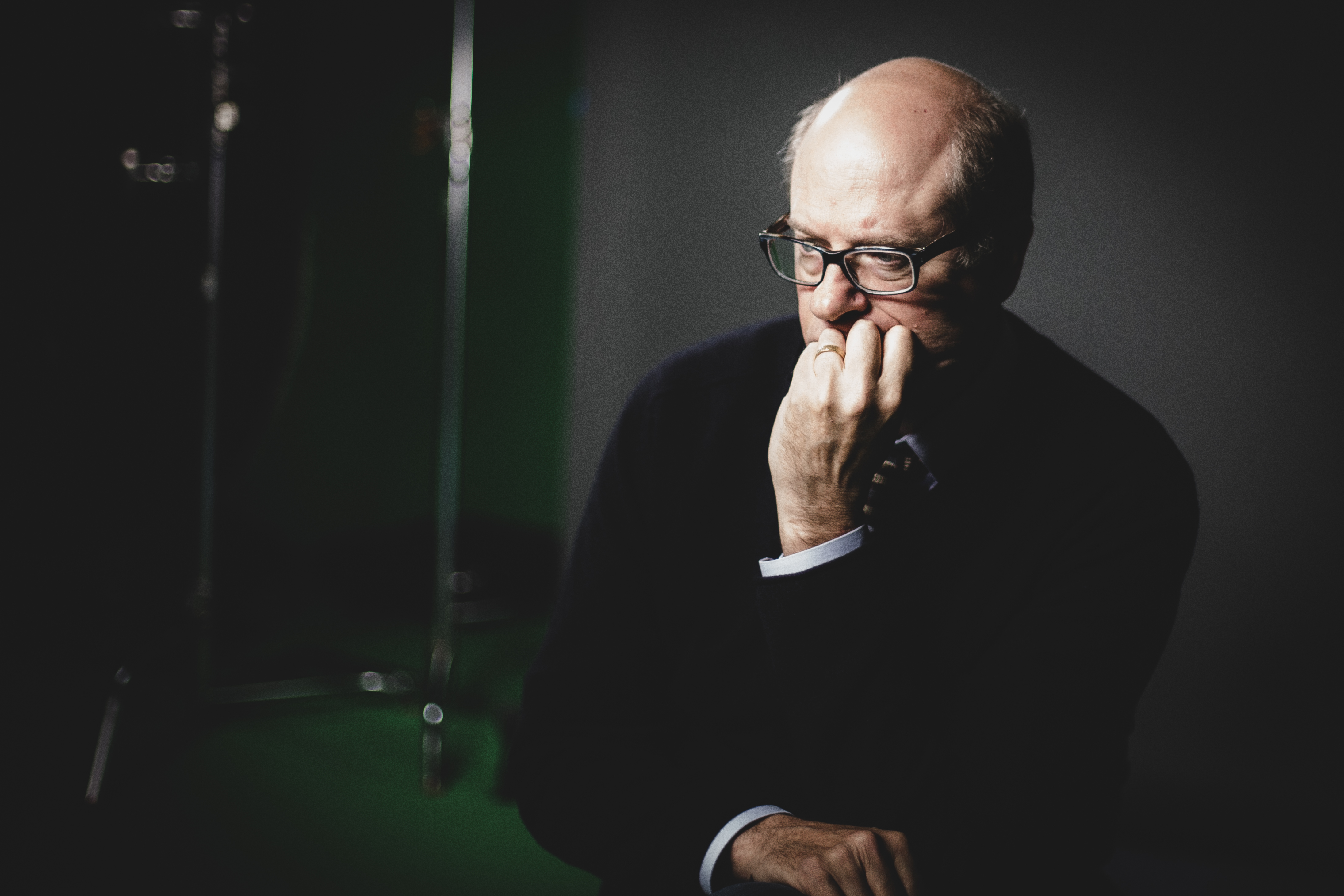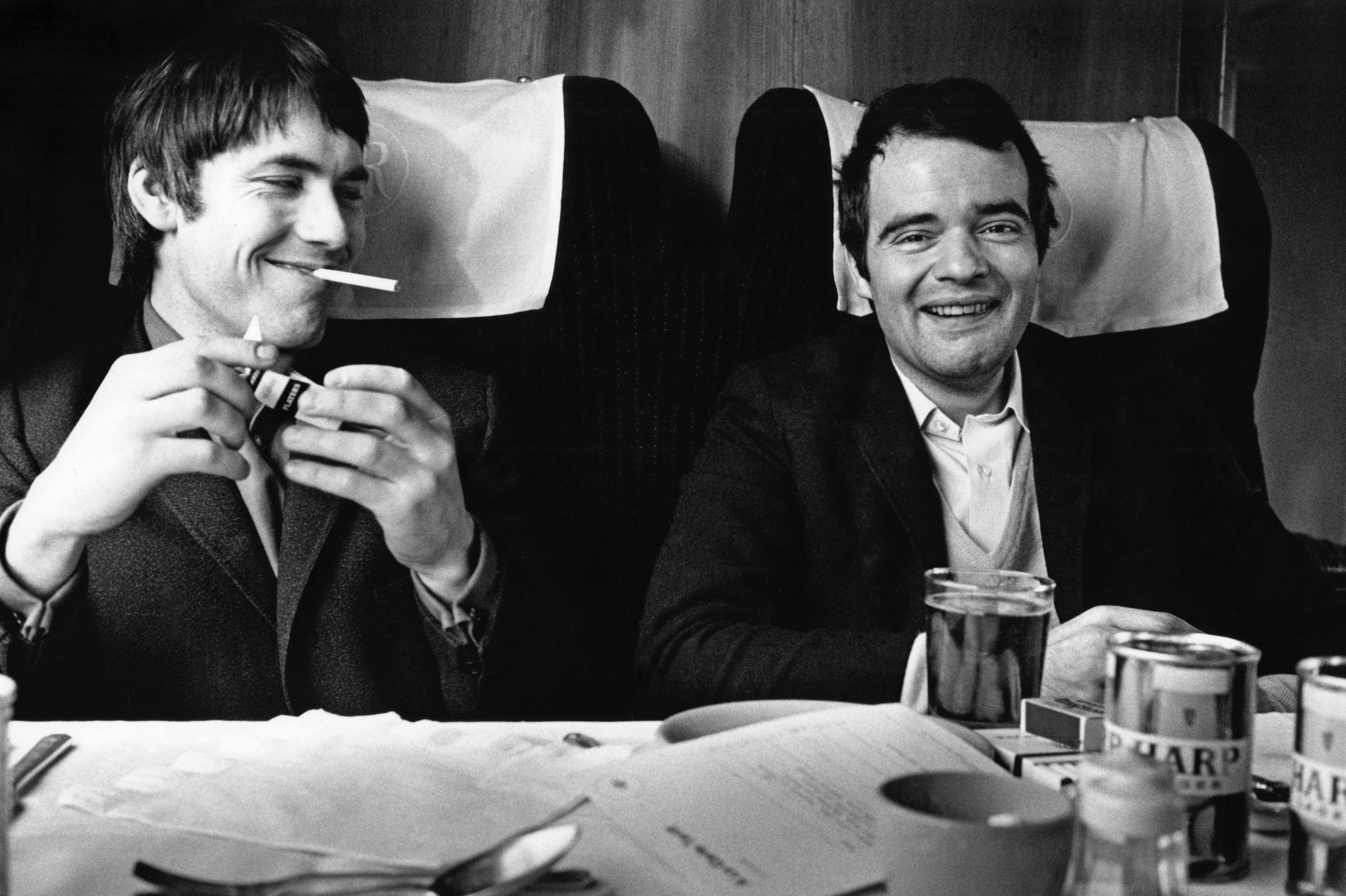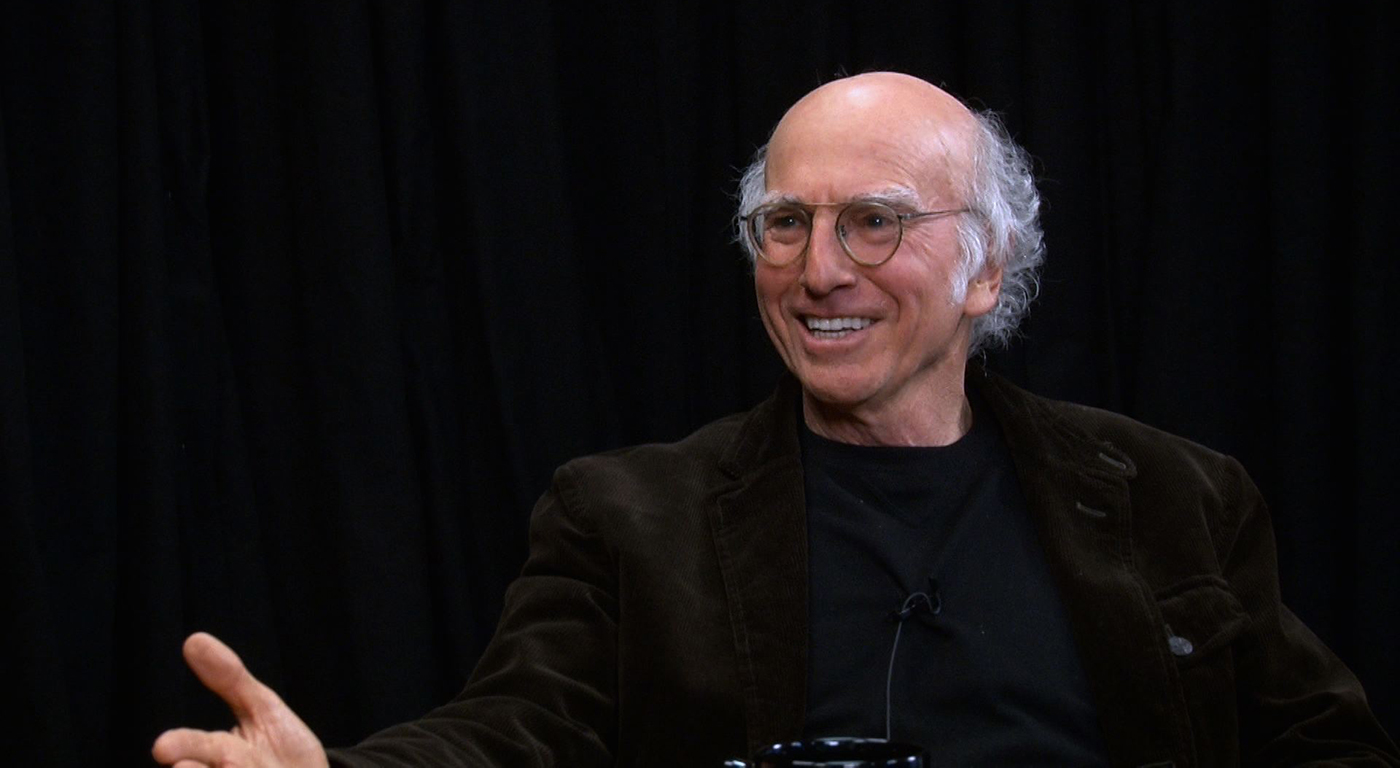Bill Condon’s Gods and Monsters (see “It’s Alive,” next page) played to sold-out houses at the 1998 Seattle International Film Festival and earned him the Golden Space Needle Award for Best Director. The film has since gone on to rave reviews across the country. In person, Condon is a modest, boyish-looking director who worked through his nervousness by talking about his love for Whale’s films.
How did you work with Ian McKellan to develop the character of James Whale?
Ian spent a lot of time researching. We went to Whale’s house, we talked to anyone we could meet who knew him, and then at a certain point, about a week before shooting, we both said, “OK, that’s enough. We’ve now got to create our own character.” Because even though he is James Whale, you can never capture the real person, and we had things to say in this movie that went beyond the issues of his life.
Ian McKellan plays Whale slyly, sometimes coy, sometimes a tad pushy, always very debonair and witty. Did that characterization result from the conversations or was it something you just went with?
That’s right from the very initial conception, both in the novel and in the script. If you look at his movies that slyness is in there in so many different moments, in the way that he treats silly people and never takes anything too seriously. Ian brought a darker shade to each one of those moments. The slyness can then be seen as manipulation at certain points, and there’s a certain kind of cruelty involved sometimes. Ian is an amazing actor who doesn’t distance himself from those not-so-nice parts of his own personality. When you see the kind of cruelty for cruelty’s sake that comes out in certain flashes, that’s his own that’s coming out; he’s letting you see an ugly part of himself. It was wonderful when I realized that was going to happen.
Whale is constantly performing throughout the film. He always seems to be taking on one role or another.
Ian was a little concerned that he was being too theatrical. The conversation would always start that way, and we would both wind up saying the same thing, which is that Whale is a performer in the movie, he’s a host to his own story, and that he is a former actor.
Clay is the only person Whale is able to open up to. What is it about their relationship that allows him to do this?
I think it’s really complicated. First of all it’s the sense that Clay’s a working-class man, so that all those airs Whale puts on don’t mean anything anymore. And so I think he sees a connection to his former self. I also think there’s a real father-son thing going on. I mean it might be obvious with Clay and Whale, but I think it’s in that one shot when Whale suddenly sees his father sitting there instead of Clay. I do think Clay is, again, the disapproving straight brute whom Whale still kind of wants to play with and toy with while still desperately needing his approval. It’s a very complicated relationship.






